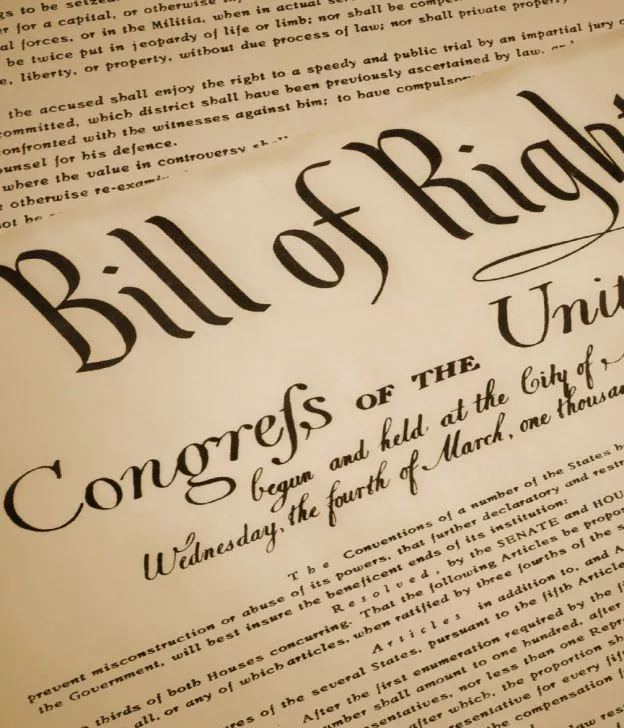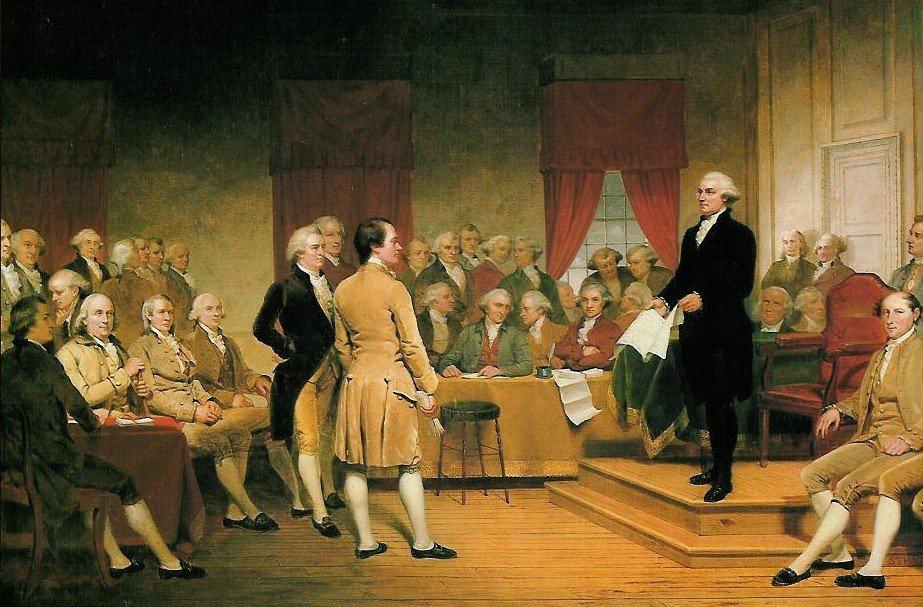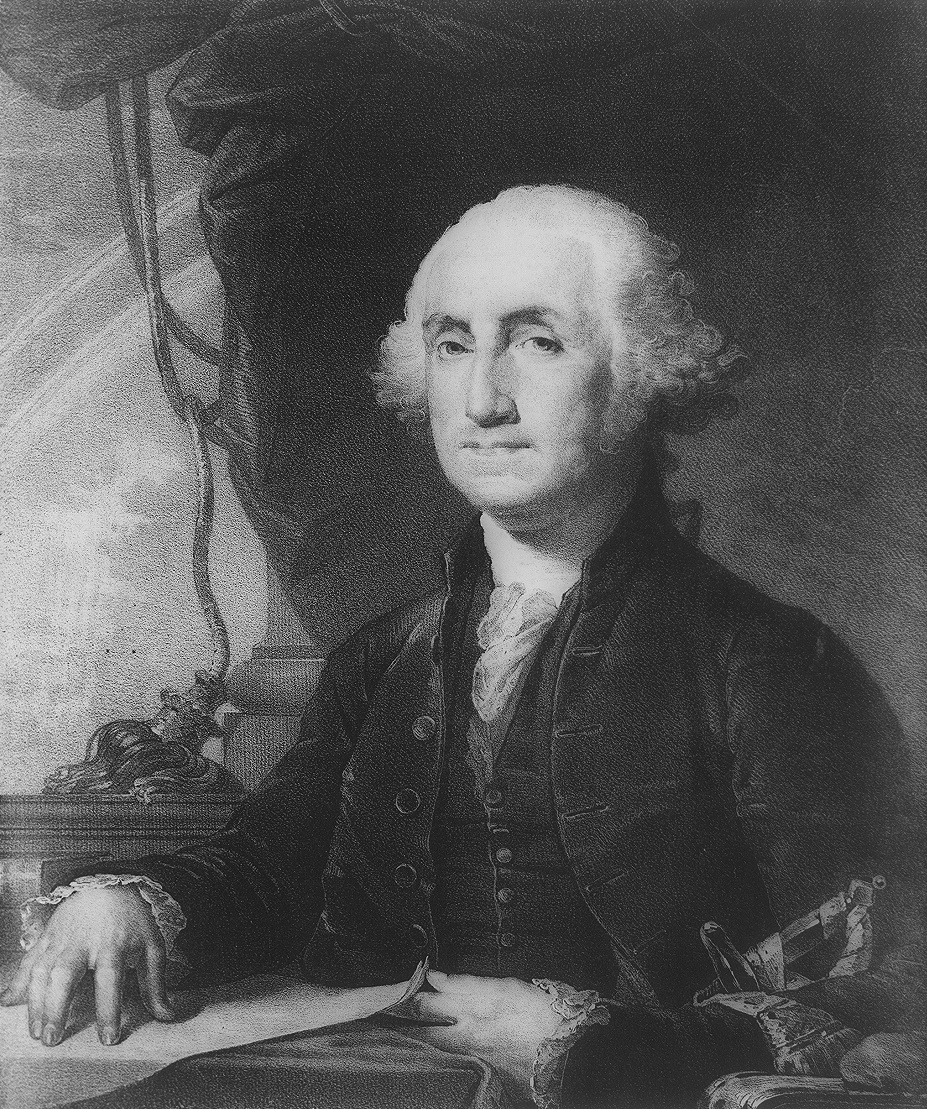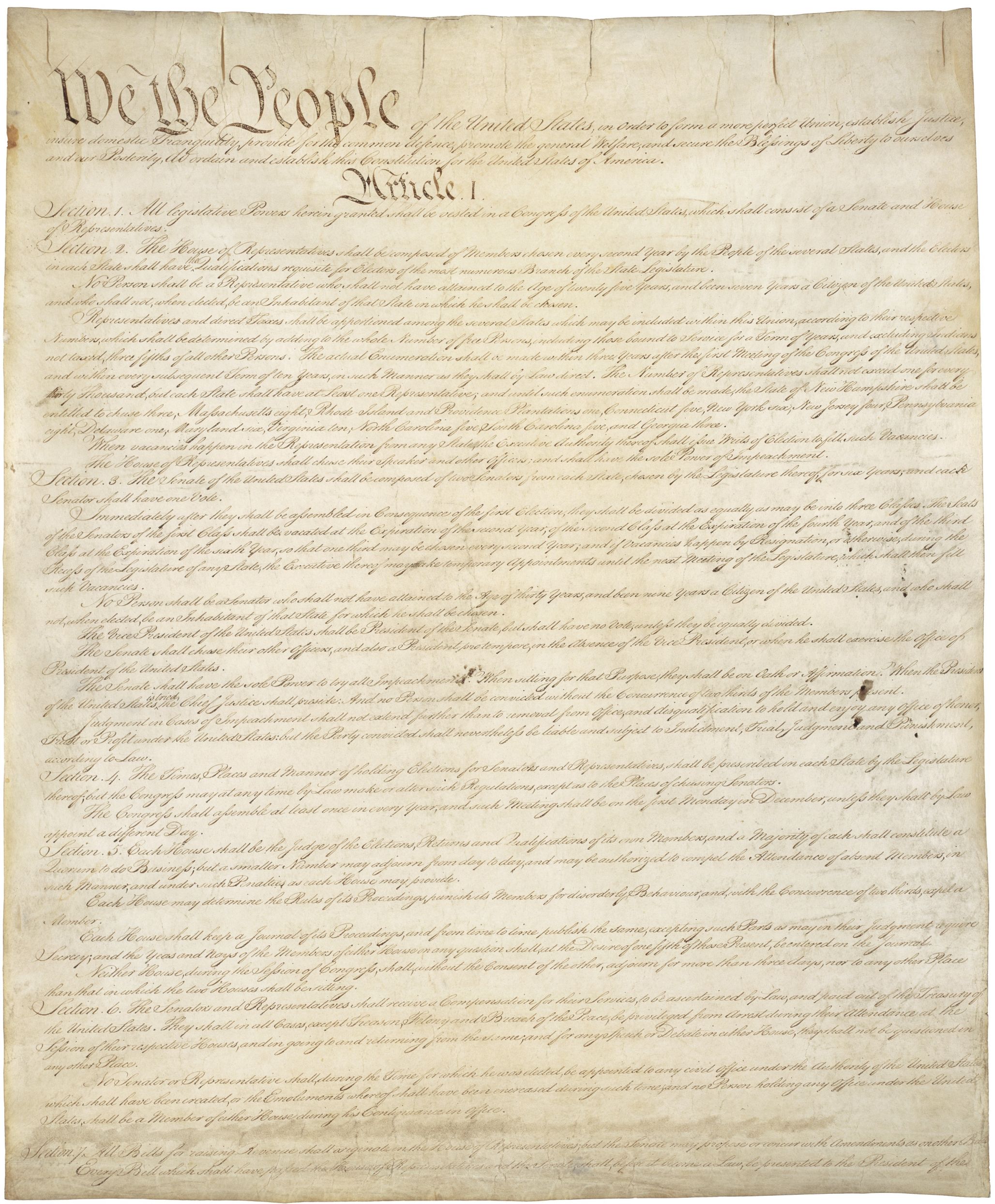
Understanding the Bill of Rights
This week, 233 years ago, President George Washington sent 12 amendments to the Constitution for ratification by the states.
Two years later, the states adopted 10 of these amendments, now known as the Bill of Rights.
Since 1791, the Constitution has been amended an additional 17 times. But did you know that there have been over 11,000 proposed amendments to the Constitution throughout American history?

Some today may interpret those proposals as evidence of flaws of the Constitution. Yet when we dig deeper into the original Bill of Rights and the other 17 amendments, we realize how these failed proposals point to the resiliency of the Constitution.
The delegates at the Constitutional Convention were gravely concerned that a new governing document might create a federal government that would deprive citizens of their rights. The early opponents of the Constitution, the “Antifederalists,” demanded that the Constitution contain a Bill of Rights that explicitly guaranteed that individual rights were protected and liberty remained with the people. The pro-Constitution “Federalists” like James Madison and George Washington viewed such a Bill of Rights as unnecessary and feared that any rights neglected might permanently deprive people of those rights.
James Madison soon realized that a Bill of Rights enshrined in the Constitution would help educate ordinary Americans about their government and prevent the same abuses of power his generation faced under British rule.

George Washington made the Bill of Rights the subject of his first address to Congress, stating that “public harmony” could only be achieved by revering the “characteristic rights of freeman,” in other words, a Bill of Rights that promoted, rather than surrendered, America’s founding principles.
The Bill of Rights protects Americans from the federal government, protections that few could conceive of living without: the freedom of religion, of speech, of the press, to peaceably assemble, and to petition their own government – and that’s just the First Amendment!
Showing their humility and trust in the American people, the founders acknowledged that the original Constitution’s imperfections could be remedied by the new amendments.
Rather than malign the Constitution as inherently flawed, it might be helpful for Americans today to consider how each amendment acts as an additional layer of protection for the people and how those protections lay the best path toward achieving the promises of human equality and individual liberty set forth in the Declaration of Independence.
As proof of our progress toward those founding ideals, we find among the 17 other amendments to the Constitution the abolition of slavery (13th), “equal protection of the laws” for citizens (14th), and the women’s right to vote (19th). When considering the failures in our history, our young people need to be taught that no other nation in the history of the world accomplished these visionary feats within the first 130-years of its existence.
Faith in the American people

The power to amend the Constitution is derived from the faith that the founders had in “the People.” Our founders made amending our institutions difficult, requiring the reflection of “the People” across the country so that transitory ideas would not make it into the Constitution. Many of the 11,000 proposed amendments came directly from the efforts of civic-minded people who like the founders viewed the Constitution as a vehicle in which all Americans could strive to realize the promises of the Declaration of Independence.
The Bill of Rights and 17 other amendments ratified by the states over the course of our history ought to inspire us to appreciate the achievements of both our founders and ordinary Americans.
We at the Jack Miller Center believe that our students deserve a solid civics education and honest view of our history and the progress we have made. As our nation’s greatest resource, our young people must learn about how the founding principles enshrined in the Declaration of Independence and the Constitution, especially the Amendments, continue to move us closer to achieving the vision proposed by the founders.
Elliott Drago serves as the JMC’s Editorial Officer. He is a historian of American history and the author of Street Diplomacy: The Politics of Slavery and Freedom in Philadelphia, 1820-1850 (Johns-Hopkins University Press, 2022).
